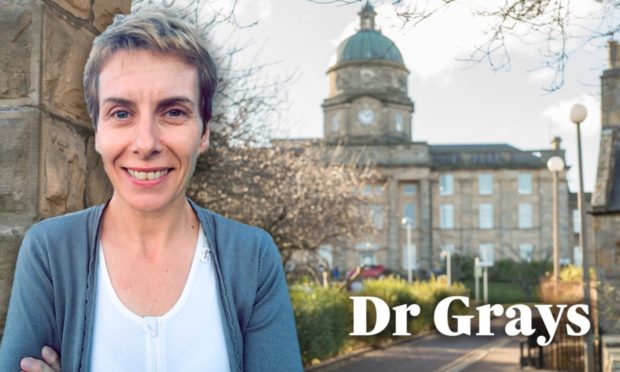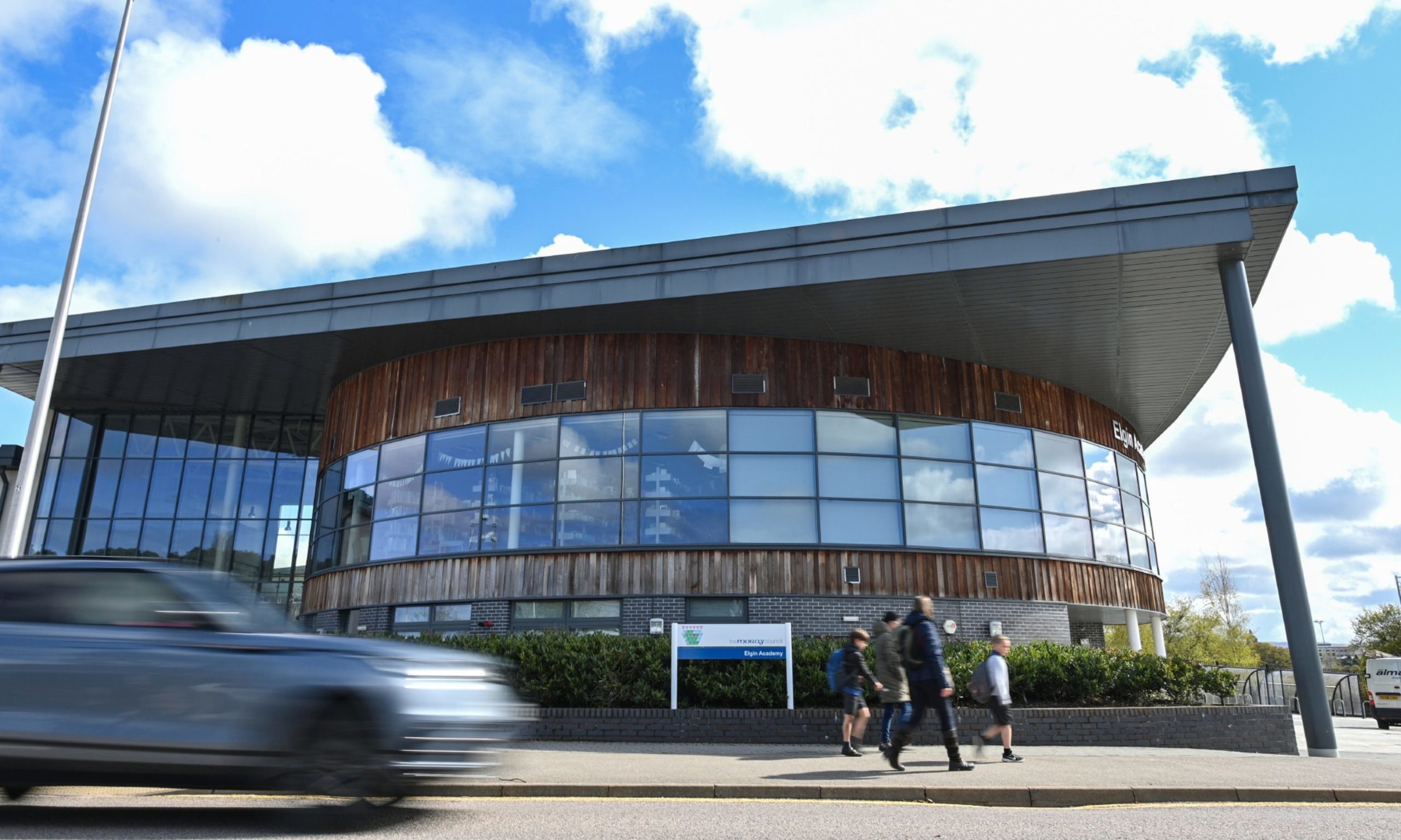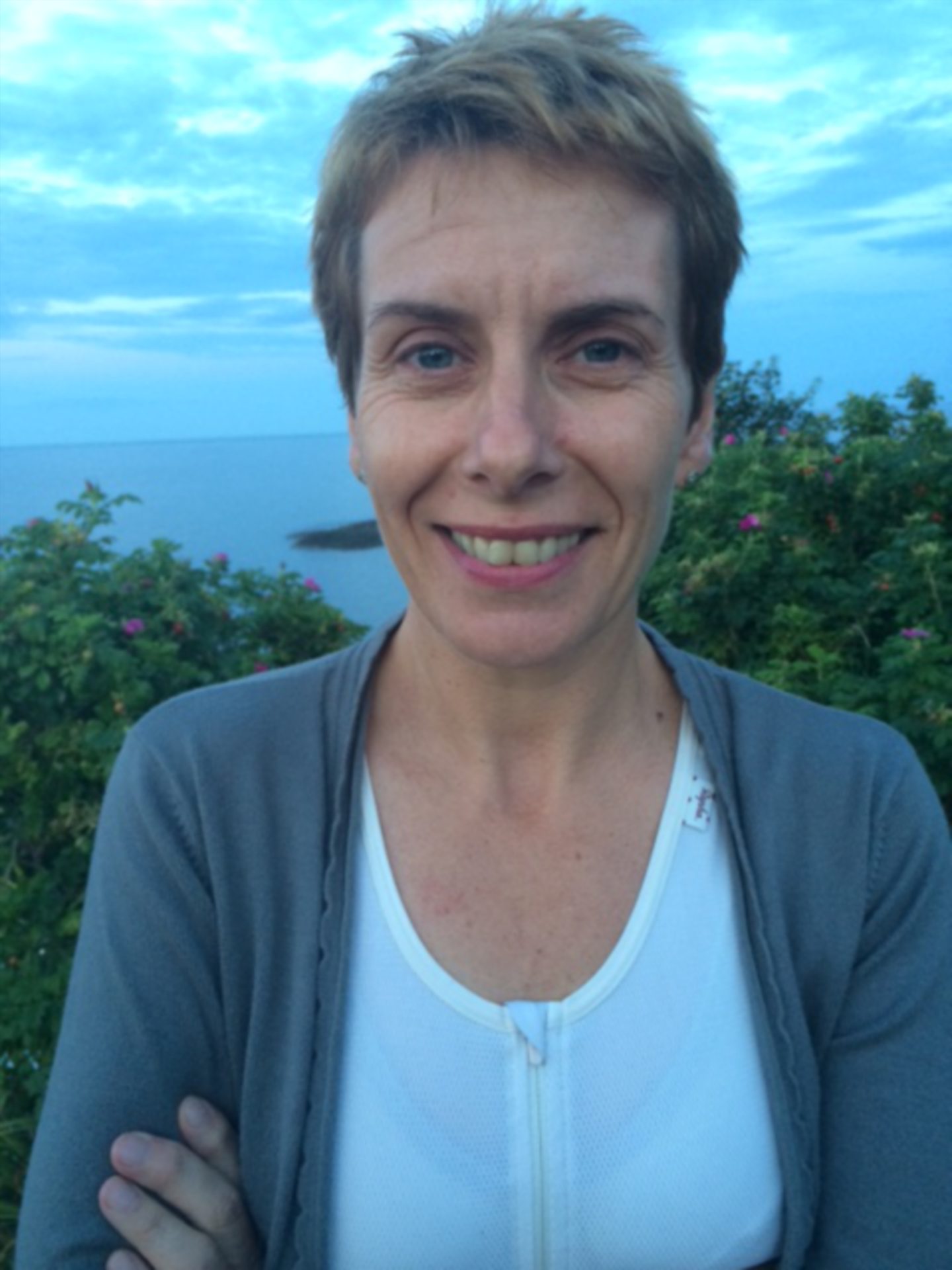Case numbers in Moray are expected to rise in the coming days with members of the public urged by a health chief to “do all the right things” to allow the region to emerge from Level 3 restrictions at the same time as the rest of Scotland.
Dr Jillian Evans, head of health intelligence at NHS Grampian, made the plea on the BBC’s Good Morning Scotland on Thursday when discussing the current situation in Moray.
The plea comes as Moray has the highest infection rate in Scotland, averaging 81.4 cases per 100,000 of the population in the past seven days.
Neighbouring Aberdeenshire and Highland are at 11.
Case numbers to rise in the coming days
Speaking to the BBC, Dr Evans said: “We are still expecting to see a rise in cases in the coming days and of course that has got nothing to do with the easing of restrictions over the last week – the effect of that won’t be known for a few days yet and into next week.
“Certainly looking at the clusters we are identifying and looking at the primary and now secondary infections that we are now seeing from that, we expect numbers to continue in the coming days.
“A lot of our work right now is about all of the measures we can put together as a health board and as communities to try to do our very best to try to limit the spread further.”
Where are cases being identified?
Around 40 cases were initially linked to Elgin Academy, however, Dr Evans has said that only around 50% of cases have been identified in education settings.
She added: “About half of the cases are linked to education. The settings that we are typically finding people who are out and about while infectious are multiple, education being part of it, retail, shopping, in the workplace, in the health care sector.
“So it is multiple settings and it is not the result of one or two people not following the guidelines either.
“This is something much more widespread in the community which is why we need such targeted action and people to really take up their guard now to try to do their best – particularly as we start to think about easing restrictions further.”
Is complacency a factor?
The NHS Grampian health chief was quizzed on whether or not she felt complacency was a factor.
“I think it is, unfortunately, and I wouldn’t limit that specifically to Moray,” she said.
“I think people are finding it increasingly hard to keep their guard while they think the risk is really low because numbers are so low for Scotland, but what we know is that in Moray it’s a hotspot for share just now – case numbers are about four times higher than they are the national average.
“I think people are taking notice and from what I hear people really are changing their behaviour and they have done in the last week or so, and I am thankful so many people are starting to come forward for routine testing.
“We saw the numbers of people coming forward for asymptomatic testing increase a lot in the last weekend, and that is something we really want to encourage.”
How can the virus spread be contained?
Two contributing factors can help to curb the spread of Covid-19 in Moray, Dr Evans said, including routine testing and a change in attitude.
She said although a big drop in infection rates is usually aligned with a lockdown, health chiefs want to avoid the limiting factor.
She added that it would seem “wrong to consider moving down a level when you have got infection rates that continue to rise”, as the whole of Scotland prepares to drop to Level 2 on May 17.
Hospital numbers have risen
Dr Evans said hospitalisation numbers for those in Moray are “more than what we would expect” and that vaccination is providing a barrier in some cases spreading.
She did add, however: “There is still a significant proportion of the population who are younger who won’t be vaccinated.
“It is those people that need to very much pay attention, keep on guard, do all the right things now because the worst thing that could happen is that this does become out of control.
“That is something that we are worried about, [we are] always worried about when the R rate is above 1 as it is in Moray, and so it is incumbent on us all to do something about it.
“We are certainly taking it very seriously as a health board.”



